The Covid pandemic, soaring food and fuel prices, and the war in the Ukraine have created dire economic and social problems for our world.
To combat the various problems in the aftermath, global governments have turned to various “solutions” to make the situation better.
The strange thing, is that many of these global problems were created by the governments themselves.
Many speculate that our governments are working together to destroy the economy to rebuild it.
The future world will be very “sustainable,” or eco-friendly.
Most people probably won’t own any property, but the wealthy elites will be flying around the world in their private jets and relaxing at their mega-mansions in Turks and Caicos while the peasant citizens are slaving away at their jobs for 12 hours a day.
The best part, is that they convinced the masses it’s all to their benefit and to “save the planet.”
Predicted effects of coronavirus on the world, according to the World Economic Forum:
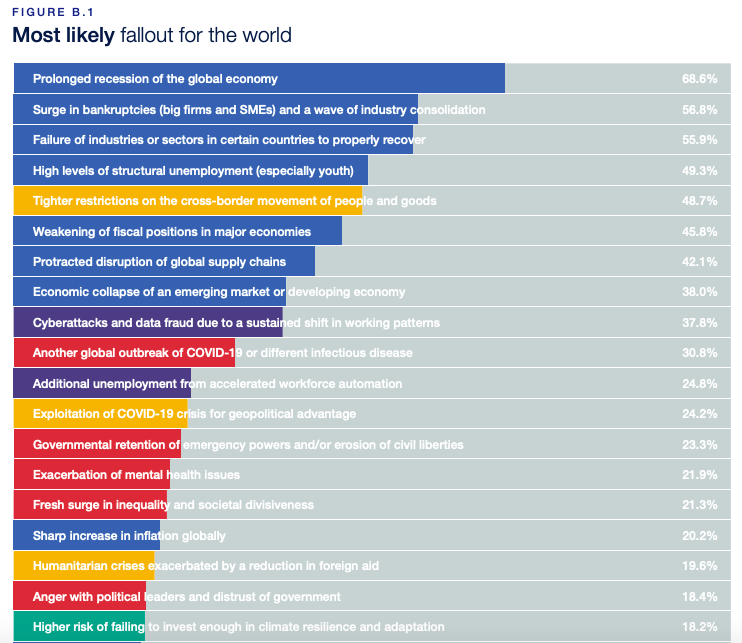
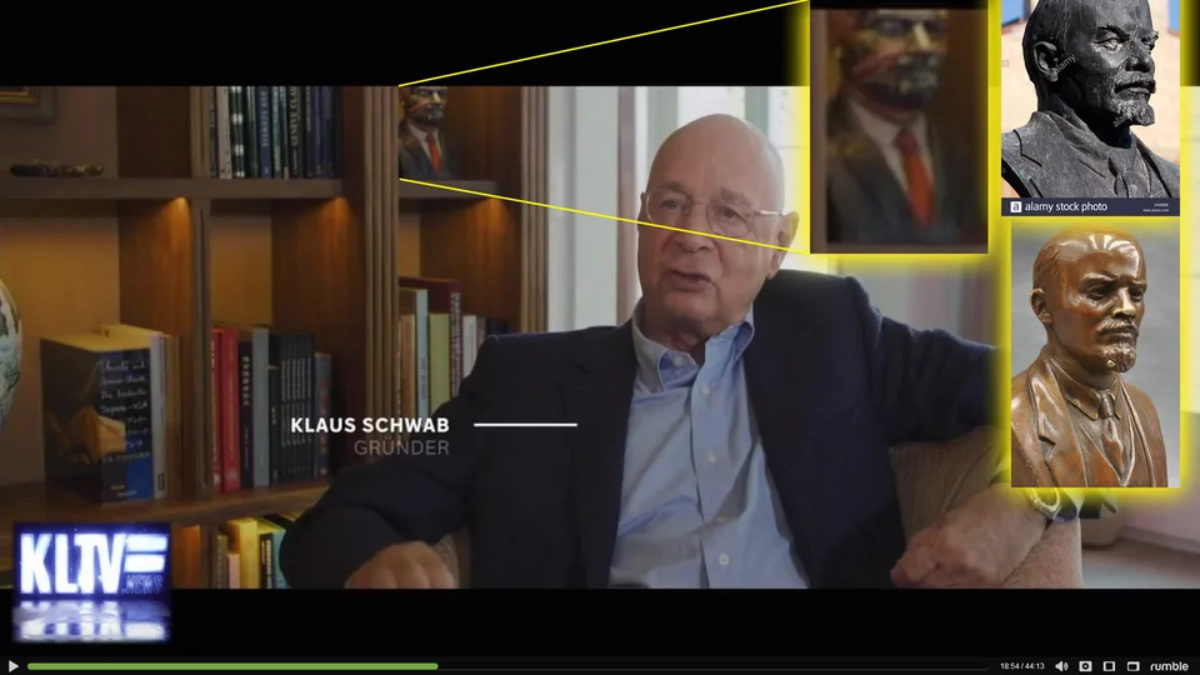
“The pandemic represents a rare but narrow window of opportunity to reflect, reimagine, and reset our world,” says Klaus Schwab.
The founder and chairman of the World Economic Forum, Klaus Schwab has openly stated that these global catastrophes are great opportunities for global change.
“The pandemic represents a rare but narrow window of opportunity to reflect, reimagine, and reset our world,” says Klaus Schwab.
The World Economic Forum is calling the new changes they plan to impose upon the masses as part of the “Great Reset.”
Many fear that these changes will result in global communism.
“You will own nothing and be happy,” says Klaus Schwab.
Countries around the world are scrambling to ensure their citizens don’t freeze to death because of the energy crisis they themselves created.
Instead of taking responsibility, it’s as easy as blaming Russia and Vladimir Putin.
This is a classic example of governments creating the problem and then providing the “solution” which is typically a disguise for further government control or cash in their pockets.
“Solutions” include more welfare, higher minimum wage, and student debt relief.
Do you think this will help citizens and economies?
Here is how governments around the world are “helping” their citizens.
United States
President Biden printed 40% of the total dollars EVER produced in the history of our nation.
To combat this incredible problem of inflation, President Biden plans to “cancel” outstanding student loans. The Department of Education will provide up to $20,000 in debt cancellation to Pell Grant recipients with loans held by the Department of Education, and up to $10,000 in debt cancellation to non-Pell Grant recipients.
To ensure a smooth transition to repayment and prevent unnecessary defaults, the pause on federal student loan repayment will be extended one final time through December 31, 2022
President Joe Biden has also proposed an income-driven repayment plan that would cap loans for low-income future borrowers and introduce fixes to the loan forgiveness program for non-profit and government workers.
Latin America
Brazil’s government has cut fuel taxes and raised social welfare payments.
The country’s largest oil firm, Petrobras, last week announced a 7% cut in refinery-gate gasoline prices. This is its fourth consecutive such reduction since mid-July
In July, Chile announced a $1.2 billion aid plan including labour subsidies and one-time payments of $120 for 7.5 million of its 19 million residents.
On the positive, while the rest of the world suffers high gas prices, Venezuelans are only paying 8 cents per gallon of gas.
Asia, Africa and Middle East
Handouts, Handouts, and MORE HANDOUTS!!!
Japan’s minimum wage will be increasing by 3.3% for the year ending in March of 2023. The Japanese government will also avoid raising the price of imported wheat which it sells to retailers, as part of a planned broader relief package. The steps follow a $103 billion bill passed in April.
Indonesia will be reallocating 24.17 trillion rupiah ($1.6bn) of its fuel subsidy budget for welfare. including cash handouts to 20.6 million households. The government will also direct regional administrations to subsidize transport fares.
India has imposed restrictions on exports of food items including wheat and sugar, which account for nearly 40% of the consumer prices index, and cut taxes on imports of edible oil.
Global welfare seems like the general direction of most global governments.
Malaysia is expected to spend a record 77.3 billion ringgit ($17.25 billion) in subsidies and cash aid this year to relieve the effects of rising prices.
In July, South Africa announced a cut in the pump prices of fuels.
Saudi Arabia and the United Arab Emirates have also raised their social welfare spending. The UAE increased financial support to low-income Emirati families by twice as much. King Salman of Saudi Arabia has ordered the allocation of 20 billion riyals ($5.33 billion).
Turkey’s minimum wage has increased by about 30%, adding to the 50% rise seen at the end of last year.
Ask citizens how they’re doing in these countries to see if they feel like their country is going in the right direction…
Thee Prime Minister of Greece, Kyriakos Mitsotakis, has pledged tax cuts and future subsidies and handouts to those in lower income brackets.
The PM announced a 5.5 billion dollar package of social welfare, subsidies, and growth programs for households and businesses. This is to help combat the extremely harsh winter that is expected throughout Europe being blamed on the Russian invasion of Ukraine.
Austria plans to partly reimburse consumers for the cost of power from 1 December. The energy ministry said households would receive on average about €500 a year.
France has frozen gas prices at October 2021 levels and capped electricity price increases at 4% until at least the end of the year, and handed out €100 to low- and middle-income households to help pay energy bills.
In Germany, the government is paying all people in regular employment a one-off rebate of €300 in September. Students and welfare recipients have already received double their usual lump-sum payment to assist with heating private homes.
Spain will cut VAT on gas from 21% to 5% from October until the end of the year to help people with their energy bills.
In June, the EU approved an €8.4bn Spanish and Portuguese plan to reduce wholesale electricity prices in the Iberian market by capping the price of gas used to produce electricity. Operating as a direct grant to electricity producers, it should save households 15% to 20% on their energy bills, the Spanish government says.
In Poland, which relies heavily on coal for domestic heating, the government has announced a one-off payment of 3,000 złotys (about €630, or £540) for each coal-burning household, with smaller subsidies for different types of heating fuel such as liquefied petroleum gas.
The Netherlands is offering the lowest-earning households a one-off energy subsidy of €1,300, hiking the minimum wage and lowering VAT on energy to 9%.
Norway has capped electricity bills at 0.7 krone (€0.07 or £0.06) per kWh, with the state covering 80% (rising to 90% in October) above that.
Brought to you by the globalists, corporations, and big banks 😉
Remember, the biggest transfer of wealth happened during the pandemic! Always follow the money.
Social classes are basically gone. The people of our world will either be wealthy or poor. In debt or debt-free. Dependent or independent.
The path of an entrepreneur may not be easy, but at least you don’t depend on the government or corporation for your paycheck.
Entrepreneurship is the path to true financial freedom and independence.
Where there is a will there is a way.


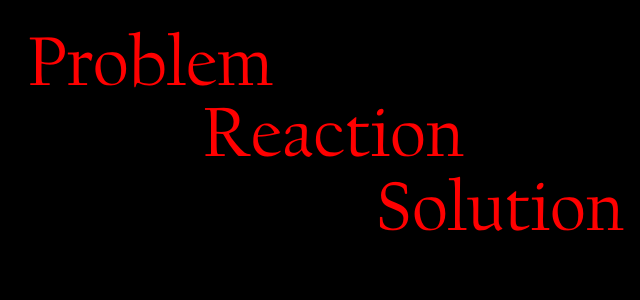
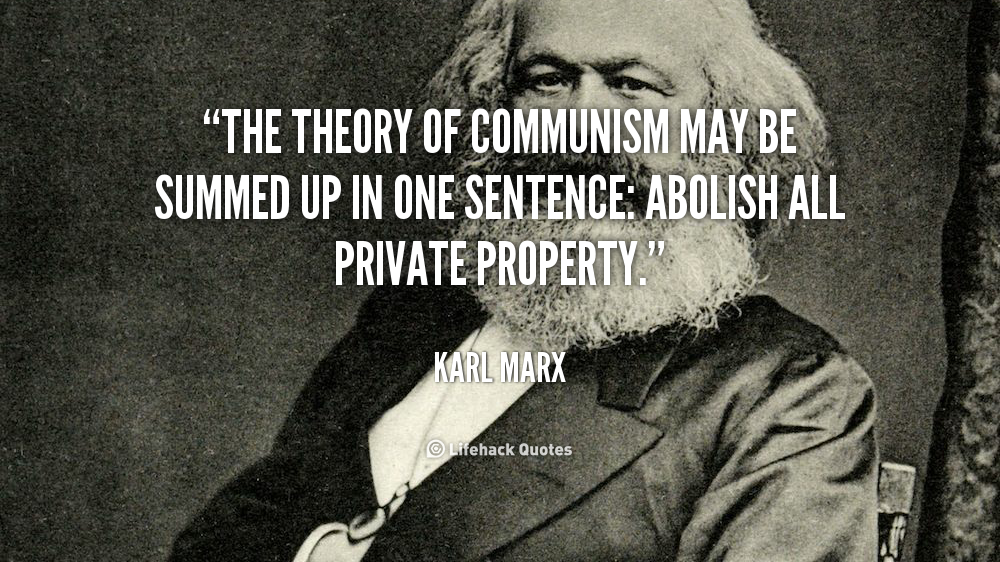

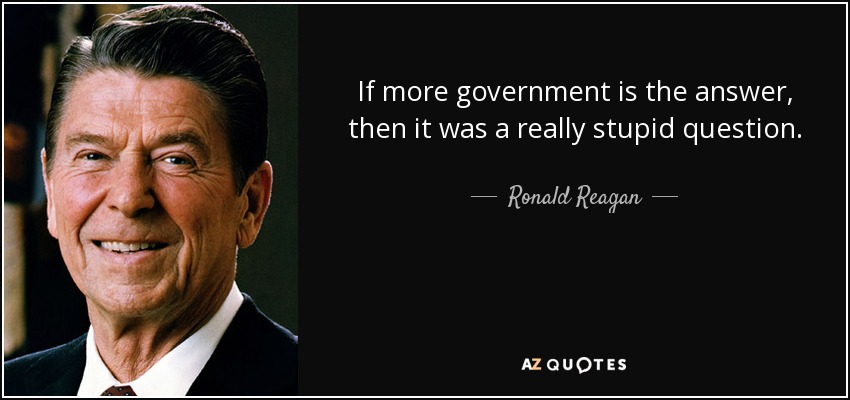






















Add comment